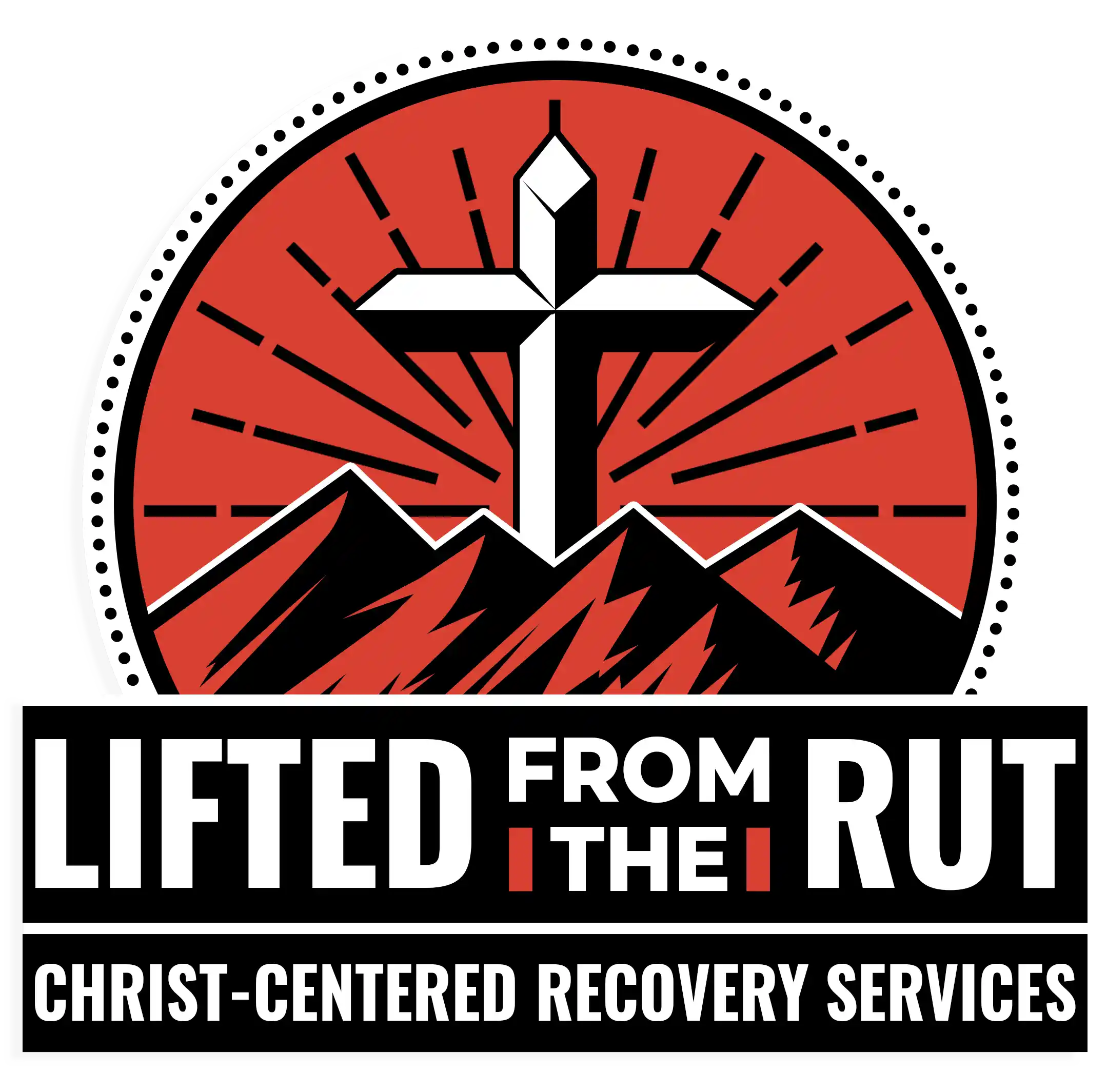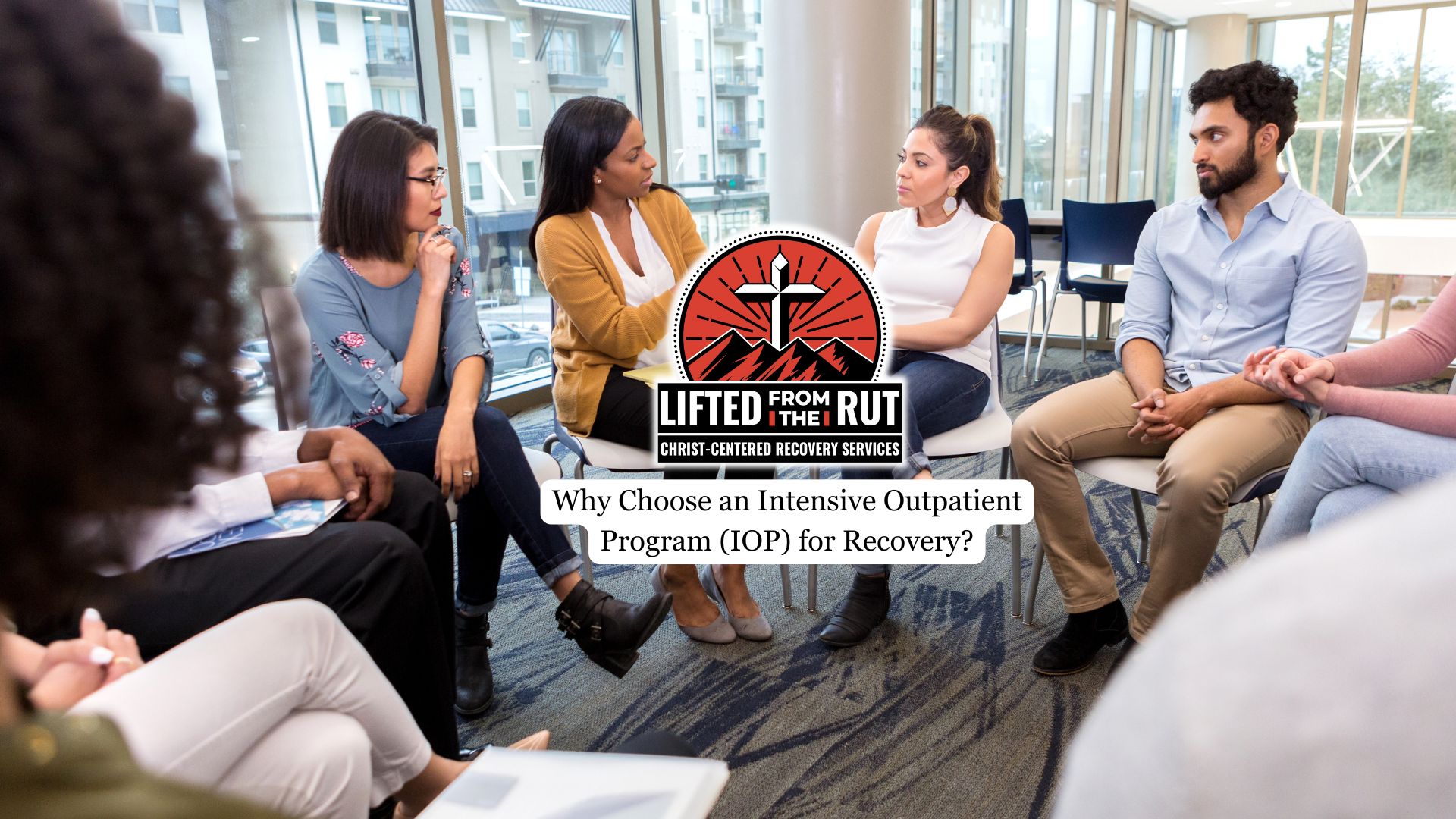Choosing the right level of care is crucial for successful recovery from addiction or mental health challenges. An Intensive Outpatient Program (IOP) offers a structured yet flexible treatment option that supports individuals while allowing them to maintain daily responsibilities.
This article will help you understand what IOP is, its benefits, who it’s best suited for, and why it can be an effective choice for many on the path to recovery.
What Is an Intensive Outpatient Program?
An Intensive Outpatient Program is a specialized addiction treatment option designed for individuals who require a higher level of care and support than what traditional outpatient therapy offers, but who do not need the round-the-clock supervision provided by inpatient or residential programs. Serving as a crucial middle ground in the continuum of care, IOP allows participants to engage in structured therapy sessions multiple times a week, often ranging from three to five days, with a combination of individual counseling, group therapy, educational workshops, and skill-building activities.
Benefits of Choosing an IOP for Recovery
One of the standout advantages of IOPs is its exceptional flexibility, which allows individuals to continue meeting their work, school, or family responsibilities while still receiving the intensive treatment they need. This makes the program an ideal choice for those who cannot take extended time away from their daily lives but require structured support to maintain recovery.
The program takes a comprehensive approach by integrating individual therapy, educational sessions, and peer support into a cohesive treatment experience. In comparison to inpatient care, it’s typically more affordable and causes less disruption to a person’s routine.
Since participants live at home, they have the important opportunity to immediately apply coping skills and recovery tools in their everyday environments, which can significantly ease the transition to long-term sobriety.
These programs foster a sense of community through group therapy sessions, helping individuals build strong support networks that enhance motivation, accountability, and resilience throughout the recovery journey.
Who Is an Ideal Candidate?
An IOP is best suited for individuals with mild to moderate substance use or mental health disorders who require more support than typical outpatient counseling. It is also ideal for those who have completed detoxification or inpatient treatment and need structured ongoing care.
Candidates generally have a stable home environment, allowing them to maintain their recovery while living with family or independently. Those with work, school, or family obligations often benefit from the program’s flexibility. Motivation and willingness to engage in active recovery are critical factors in determining whether an intensive outpatient program is the right choice.
Core Components of IOP Treatment
Individual and Group Therapy
Individual therapy is a fundamental part of IOP, providing personalized support tailored to the client’s specific challenges, goals, and recovery needs. This one-on-one time allows for deeper exploration of underlying issues, development of coping strategies, and progress tracking throughout the program.
Group therapy sessions offer a vital space for participants to share their experiences, gain insights from others, and build a sense of community. The peer interaction fosters mutual support and understanding, which can reduce feelings of isolation and increase motivation for recovery.
Family therapy
Family therapy is often incorporated to address the impact of addiction or mental health struggles on loved ones. These sessions help repair strained relationships, improve communication, and establish a supportive home environment essential to sustained recovery.
Psychoeducation
Education on relapse prevention equips participants with knowledge about triggers, cravings, and high-risk situations. Clients learn practical tools and techniques to anticipate and manage these challenges effectively, reducing the chance of relapse.
Medication-Assisted Treatment
Medication management is available for those who require pharmacological support as part of their recovery. This component ensures that any prescribed medications are monitored and integrated safely into the treatment plan alongside therapy.

Ongoing Support
Aftercare planning is a critical step, helping clients transition from the structured program to real life responsibilities and temptations. This may include referrals to outpatient counseling, support groups, or other community resources that provide continued guidance and accountability.
Faith-Centered Counseling
Some programs include faith-based principles, integrating spiritual guidance with clinical treatment. These faith-based IOPs often include components such as prayer, Biblical teachings, and community worship alongside traditional therapy and education. For individuals who find strength in spirituality, this approach can provide meaningful support and a deeper sense of purpose in recovery.
How IOP Supports Long-Term Recovery
IOP programs focus heavily on teaching and reinforcing life skills that are indispensable for long-term recovery. Participants learn effective relapse prevention techniques and practice them regularly during their sessions. The program structure provides continual accountability while clients navigate the challenges of daily life.
Coaches and therapists work with clients on managing triggers and cravings, helping them build resilience. The program promotes healthy lifestyle habits and self-care routines to support overall well-being. Furthermore, by connecting clients to community resources and alumni support groups, it creates a foundation for sustainable, ongoing recovery.
Incorporating Christian teachings into IOP can further enhance long-term recovery by addressing the spiritual dimension of healing. These programs often encourage participants to draw on their faith for strength, guidance, and renewal, fostering a holistic approach to sobriety.
Emphasizing values like hope, forgiveness, and purpose, faith-based IOPs help individuals build resilience and find meaning beyond addiction. This spiritual support can complement therapeutic techniques, providing an added layer of motivation and community connection that sustains recovery over time.
Choosing the Right Program
It is important to look for programs with proper accreditation and licensing, ensuring they meet rigorous standards of care. The qualifications and experience of the treatment team also matter, as skilled professionals deliver higher-quality support.
Understanding a program’s treatment philosophy and availability of individualized care can help match services to personal needs. Some programs offer holistic therapies such as mindfulness, yoga, or nutritional counseling, which can enhance recovery. Lastly, reviewing success rates and client testimonials provides insight into the program’s effectiveness and culture.
Final Thoughts from LFTR Christ-Centered Rehab Services
Faith-based Intensive Outpatient Programs combine proven behavioral therapies with spiritual principles, creating a holistic path to recovery that honors each individual’s beliefs and way of life. By balancing treatment with spirituality and daily life responsibilities, IOP supports sustainable, long-term healing.
At LFTR Christ-Centered Rehab Services in Littleton, CO, our faith-based IOP unites professional clinical care with spiritual guidance to support individuals at every stage of their recovery journey. By addressing both the spiritual and physical impact of addiction we provide compassionate, structured treatment rooted in both evidence-based practices and faith.





